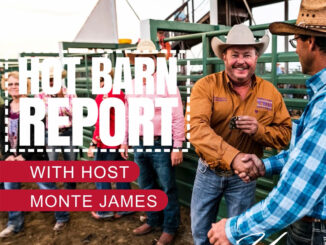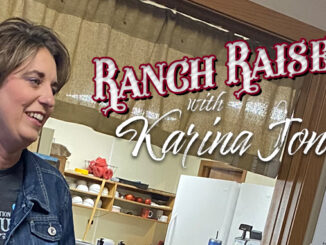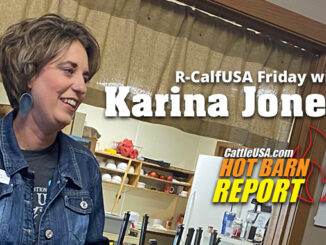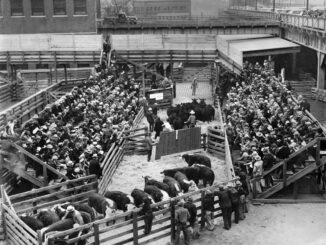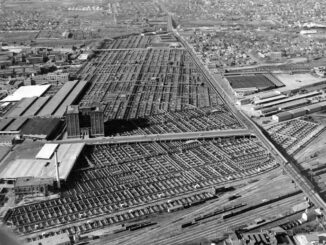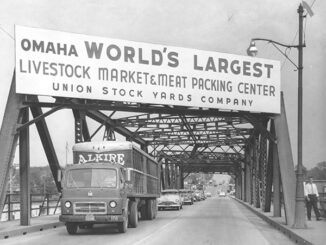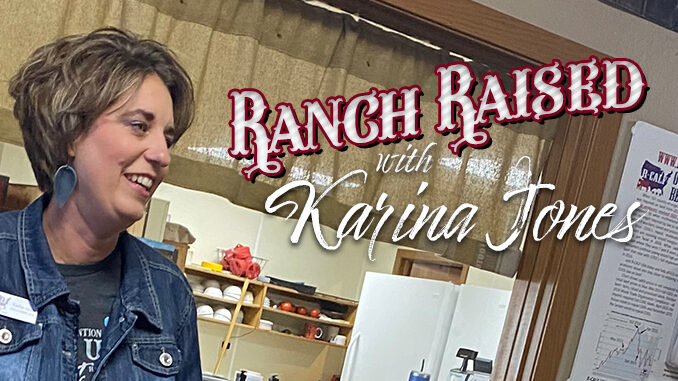
Ranch Raised – Episode 77
Today is a huge day! Check out the Your Ag Network Facebook page or YouTube channel to watch the cattle industry town hall meeting! What?!?! Your Ag Network even has a YouTube channel! Amazing, right! Truly thee best farm and ranch radio network out there, covering the events that are important to producers. [READ MORE…]

